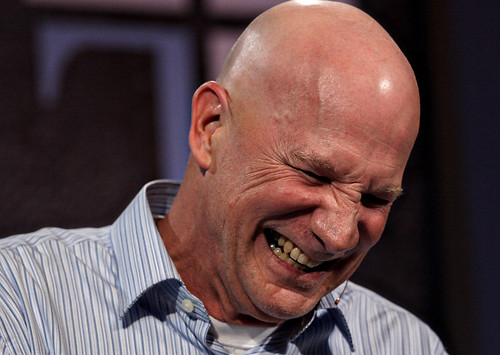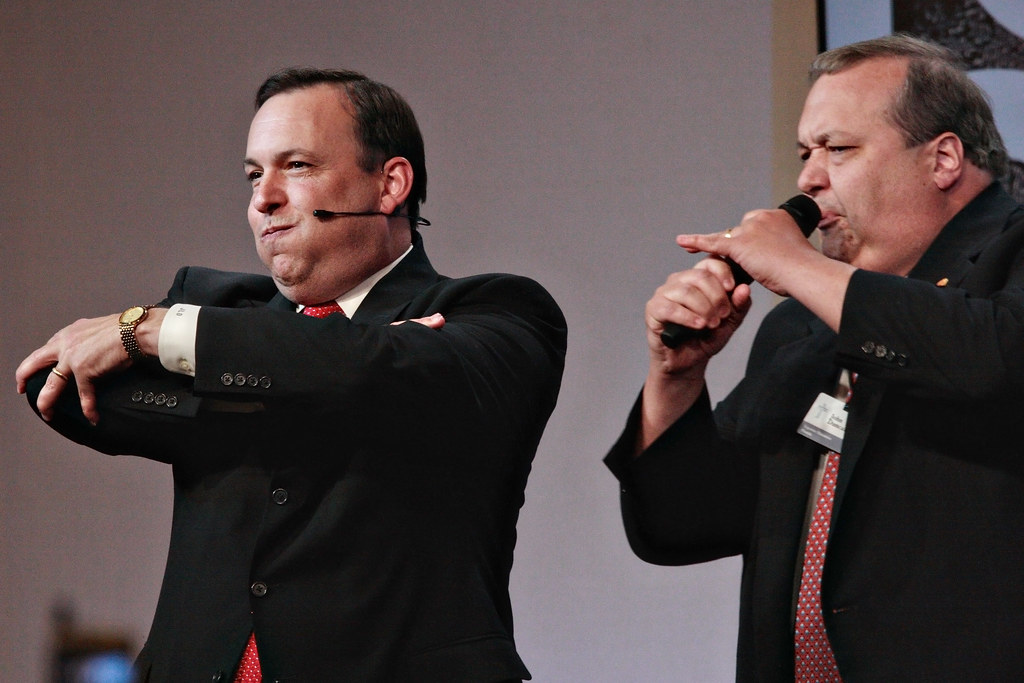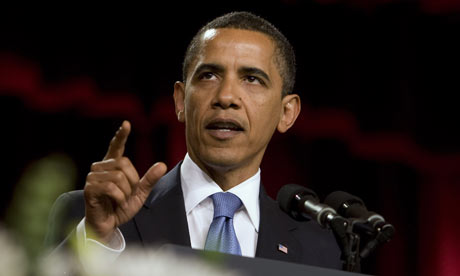I am a Calvinist. And I am a Pharisee. This shouldn't be the case, but it is. Admitting you have a problem is the first step in getting better.
 Last time
Last time I tried to reflect on how a certain "bent" toward precision, accuracy, concern for detail seems to blend together with the rich exacting resources of Reformed theology and history to make Pharisees of those who lose sight of the object of our attention and affection: Jesus. If you care more about "getting it right" than you care about "getting close to Jesus," then you'll drift toward the Pharisees. You'll swallow a camel and strain a gnat.
But let me not project onto you the things that happen in my heart and head.
I am bent toward all those things, and
I lose sight of Jesus too often and for too long.
I'm a Pharisee. And I'm a Calvinist. And I'm told and believe those two things don't belong together. But why do they so often come together, like a dark prize hidden in the Cracker Jacks of the faith?
Here's the second reason I'm a Pharisee and Calvinist, or, another reason why those two things happen together far more often than they should. The Pharisee and the Calvinist are both suspicious.
Now I'm suspicious of a lot of things, but I'll just mention one. I'm suspicious of joy. Yep. Now, not my joy. That's another problem.

No. Like a good Pharisee,
other people's joy makes me nervous. Not all people. Just those people who don't express their joy the precise way I think they should. You see, without the "appropriate bounds" their joy just may make them careless, lead them to error, hurt the church and cause of Christ. Their joy is combustible; it's dangerous. It's enthusiasm and flights of fancy that need to ballast of sobriety and sound theology.
You see, that bent toward intellectual and precise things, that concern to "get it right," sometimes leads us to suspect and question mirth, lightness, or merriment because those emotions appear too close to "trivial" for the Pharisee. If I'm serious about the truth, how can I be joyful?
I say to myself, perhaps you say to yourself, not out loud, of course: "All these happy people--happy about everything but the Truth, giving themselves to their happy little pursuits, singing loudly and clapping their hands, enthusiastic about everything--can't be trusted. They are to be suspected. They're to be watched carefully and 'taught'."
I know. I know. Teaching is good. Teaching is essential. Teaching guides the emotions. Teaching is commanded. Pharisee.
Didn't Jesus warn us of the Pharisee's teaching? For good reason. I wonder if for some of us "teaching" is simply another word for "behavioral modification," for "rehabilitation," for "re-education," for "concentration camp." People must be "taught"--by which we mean made to see everything just as I do. Pharisee.
I am a Calvinist, and I am a Pharisee. I've been "taught". Sometimes "taught" right out of joy.
Don't get me wrong. I know that joy may be expressed in all kinds of ways. I know the strong, silent type doesn't express his/her joy like the naturally outward and gregarious type. And I know that joy itself has many flavors--jubilant, quiet, solemn, tearful, and so on. But Pharisees like me only trust the quiet, solemn types. If joy gets too loud, it needs to be silenced. Pharisees like it quiet.
But then there is my good friend, C.J. Ah... there's "Reformed" spelled "p-a-r-t-y!" I love that brother! He dots all my "i's" and crosses all my "t's". So,
his joy is okay. Cool, even. But he is an exception, of course, because I'm a Pharisee.
Also there is my good friend, Mark. If you think C.J. is the life of the party and Mark is a sour puss, you don't know Mark. About as silly, giddy, happy, optimistic, bright and joyful a man as you'll ever meet. Don't let the "SBC" or "Calvinist" labels fool you. Those labels are like the FBI warnings on your rented video or the "do not remove" tags on your mattress. Mark is a big... excuse me,
slim ball of joyful energy. His love for the truth, like C.J., and Al and Lig' and Piper and R.C. and so many others, leads them to joy! Have you ever heard these men laugh? It's rowdy! They're serious men.
And (I almost wrote "But"; you see the problem?) they're
joyful men.





But not me. Not the Pharisee.
When did I become suspicious of joy? I mean
joy is what the angels announce for crying out loud! (Luke 2:10)
Some of my oldest friends, going back to high school and college, would describe me as "silly." I know. I know. What happened to
that guy?
Well, he got saved and he started with joy; then he turned into a Pharisee.
Now, I've always been serious. Really. Always. Ask my mom. She still tells family and friends about how my friends used to come over to play, and rather than play with them, I'd connect the Atari (now that's ol' school) to the TV and then go into my room and read. From my early teens, I've been the family counselor. I'm an old soul, born with a veil over his face (little family superstition, there), and serious.
But I used to be fairly joyful, too. I think. Maybe. You see... I can't remember. Perhaps you're like me. It's been so long since you've had a sustained life of joy, you can't remember the last time you were joyful. As a disposition not an episode. Do you remember? Having a joyful disposition for a long time?
Maybe you're a Pharisee, or a Pharisee in the making. Stop before it goes too far. Get happy. Now don't get serious about joy. Just get joyful. Or else you'll be a Pharisee. Like me.
The Pharisee lacks joy because he lacks Jesus. I don't mean Pharisees like me aren't Christians. I am I trust. I mean "the kingdom of heaven is like treasure hidden in a field. When a man found it, he hid it again, and then in his joy went and sold all he had and bought that field" (Matt. 13:44). There's something implicit in this parable that if not made explicit leaves room for my inner Pharisee. What do you suppose the man did after he bought the field? The Pharisee doesn't go on to imagine the answer. The joyful do. In his joy the man sold all and purchase the field
so that he might
possess and enjoy the Treasure therein. We may lack Jesus by not enjoying Jesus, by not coming into His presence where there is fullness of joy and pleasure forevermore.
The Calvinist knows this. The Pharisee forgets this. Feed the Calvinist and strangle the Pharisee.
There once was a Calvinist (speaking anachronistically, of course), who was not himself a Pharisee but dealt with them a lot. He prayed for joy--my joy and yours. Here's how He prayed, "I am coming to you [the Father] now, but I say these things while I am still in the world,
so that they may have the full measure of my joy within them" (John 17:13). Let that sit with you. The Savior prayed for what the Calvinist Pharisee needs: the full measure of His joy.
Dear Sovereign Lord, the Joy of the world, let us know you, and thereby grant our heavy hearts liberating joy.






































